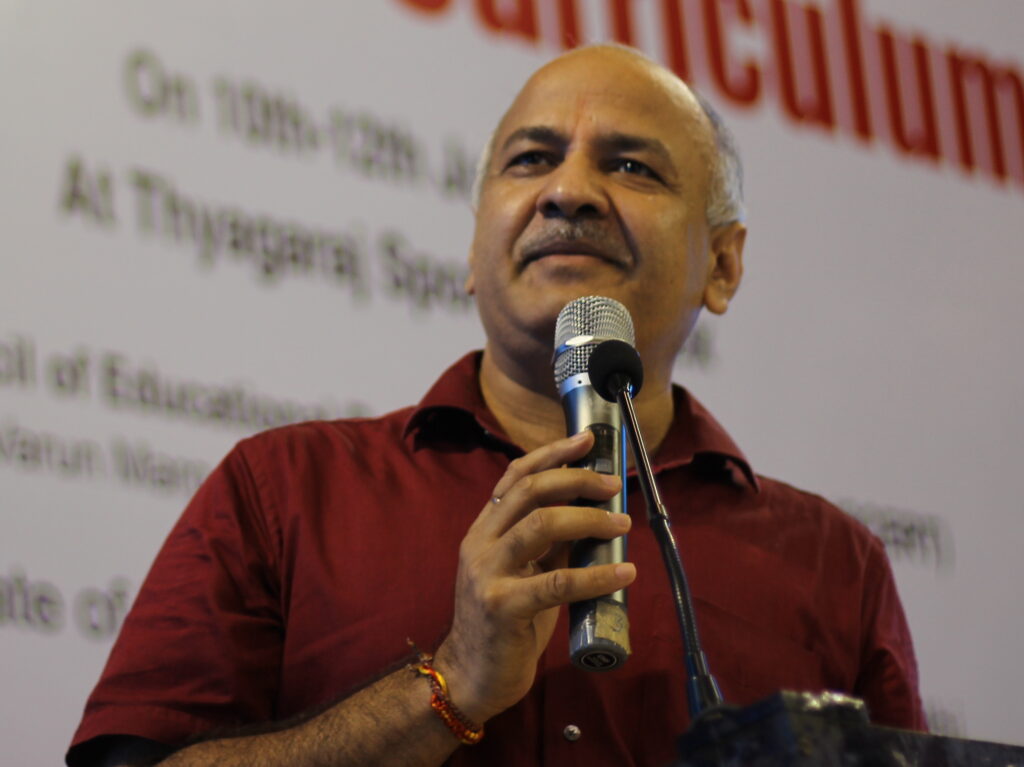
source - Wikipedia
New Delhi: In a landmark ruling, the Supreme Court of India granted bail to former Delhi Deputy Chief Minister Manish Sisodia on Friday, 18 months after his initial arrest by the Central Bureau of Investigation (CBI) in connection with the alleged liquor policy case. This decision has brought renewed attention to the principle of the right to a speedy trial, a cornerstone of the Indian judicial system.
The bench, comprising Justices BR Gavai and KV Viswanathan, delivered a striking verdict that underscored the essential nature of this right. They expressed grave concerns about the prolonged detention of Manish Sisodia without a trial date even being set, pointing out that such a delay violates the very essence of justice.
In his remarks, Justice BR Gavai highlighted the fundamental issues at play, noting, “Incarceration of 18 months… Trial not having even commenced and the appellant has been deprived of the right to a speedy trial. The Trial Court and the High Court ought to have given due weightage to this.”
Justice Gavai’s comments reflect the Court’s disapproval of the extended delay in initiating the trial. The Supreme Court criticized the lower courts for not adequately considering the impact of this delay on Sisodia’s rights. The Justices were clear in their assertion that it would be a “travesty of justice” to send the Aam Aadmi Party leader back to the trial court under these circumstances.
The Supreme Court’s ruling marks a significant moment in the ongoing legal battle surrounding the alleged liquor policy case. Sisodia, who has been a prominent figure in Delhi’s political landscape, was arrested by the CBI amid allegations of corruption linked to the liquor policy during his tenure as Deputy Chief Minister. His arrest and prolonged detention have sparked widespread debate and discussions about the integrity and fairness of legal processes in politically sensitive cases.
This ruling by the Supreme Court not only provides temporary relief to Manish Sisodia but also sends a strong message about the judiciary’s commitment to upholding fundamental rights. The Court’s emphasis on the right to a speedy trial serves as a reminder that prolonged detention without progress in legal proceedings is unacceptable and undermines the principles of justice.
As Manish Sisodia prepares to face the next stages of his legal battle, this decision by the Supreme Court will likely have far-reaching implications, both for his case and for the broader conversation about judicial efficiency and fairness in India.







